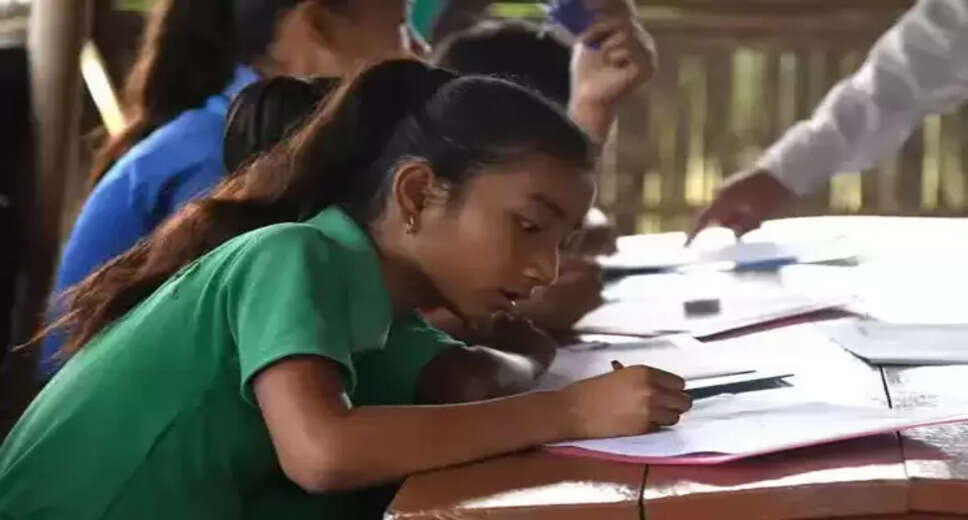RTE ACT 2009: Know the purpose, importance, challenges and loopholes of Right to Education Act

Employment News-Right to Education Act 2009 (RTE) was introduced to provide free and compulsory education to the children in the country. It guarantees free education to children in the age group of 6 to 14 years. The Parliament of India enacted this Act on 4 August 2009 and it came into force on 1 April 2010. This enforcement of this Act made India one of the 135 countries in the world that have a fundamental right to education. However, even after this, there are many such shortcomings and challenges, due to which thousands of children of the country are deprived of compulsory education. Through this article, we will know what is the importance and purpose of Right to Education Act 2009, how students are getting benefit from it and which shortcomings need to be rectified.
Objectives of Right to Education Act 2009
The object of this act is to provide free elementary education to every child between the age of 6 to 14 years.
- Compulsory admission, attendance and completion of elementary education for every child in the age group of 6 to 14 years.
Under Section 6, children have the right to take admission in any neighborhood school.
- This act ensures that children from weaker sections and children from disadvantaged groups are not discriminated against.
If there is a child who has not been able to take admission in a school at the age of 6 years, then he can take admission in the class according to his age later.
If there is no provision for completion of elementary education in any school, then the student will be given the right to transfer to another school.
Private and special category schools will also have to reserve 25% seats in the first class for children from economically weaker communities.
No child can be denied admission even after the date of admission to the school has passed.
No child shall be prevented from taking admission in any class or expelled from the school.
Importance of Right to Education Act 2009
If we talk about the importance of Right to Education Act 2009, then "Right to Education Act has deep significance for the education system of the country, because it has brought a paradigm shift in the education system of India." India is a democratic country, which makes it imperative that its citizens be educated and for this to happen it is important that education is universal. The Right to Education Act 2009 has made it legally mandatory and has put the onus on the government to ensure free and compulsory education for all.
Major Challenges for RTE Implementation
After the implementation of the Right to Education Act 2009, while many changes have taken place in the elementary education of the country, there are still many challenges in the way of fully implementing this Act.
Lack of financial allocation - For almost two decades, there has been a demand by leading academicians to allocate at least 6% of the country's general budget for education, but this has not been possible yet.
Indifference towards public education system- In today's time public education system has become a victim of indifference. Within the country, middle class families consider sending their children to private schools as a status symbol. Among them, sending their children to government schools is against their dignity. The public school system will improve significantly when it is seen as common community resources.
Lack of collective effort- This act demands that no child should be deprived of going to school. But the reality tells something else. Even today we can see many innocent children around us picking up empty cups at the tea stall and cleaning the utensils at the Dhaba. The effort of the government is to show these innocent children the way to school through this law. But neither the government alone nor the parents can support this effort, but the goals of Right to Education can be achieved only through collective efforts. If this does not happen, then it will not be a surprise if this law, like many other rules, remains on paper.
These reforms are needed in RTE
RTE to be expanded
The government should adopt a proactive policy for proper implementation of the provisions of this Act. For this, it is also necessary to take the schools into confidence and provide compensation on time. In this way, the government can ensure the right to education by arranging quality education for the children of the underprivileged and the poor. Apart from this, some experts also say that the quality of results can be increased by expanding it. The Act needs to cover 3-6 age groups and 14-18 age groups.
